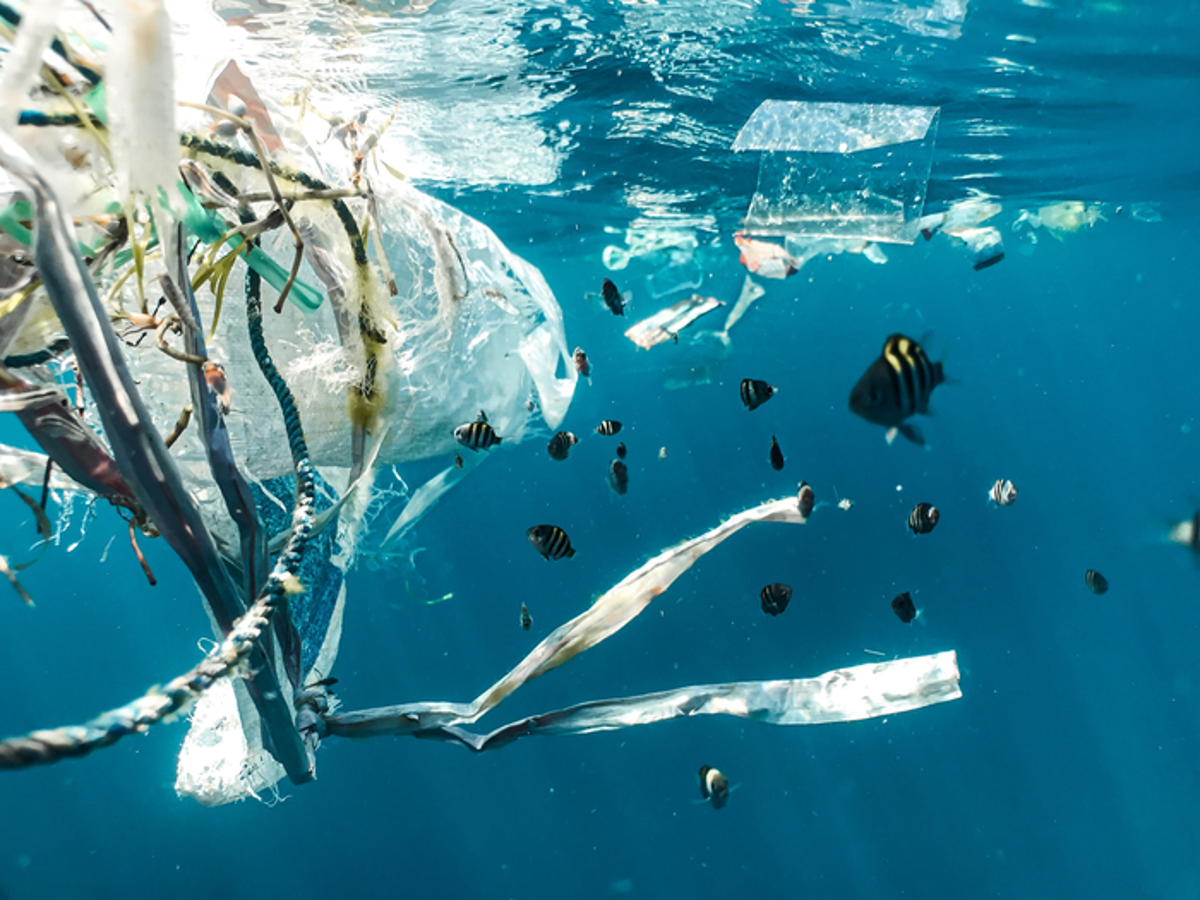
Canada has declared it will ban the manufacture and import of single-use plastics such as grocery bags and straws by the end of the year.
The ambitious plan comes after years of announcements made by Justin Trudeau’s government to ban single-use plastic in order to to achieve the country’s target of zero plastic waste by 2030.
The new rules, announced on Monday, will apply to several regular-use plastic products such as checkout bags, utensils, food-service products with plastic that is difficult to recycle, ring carriers, stir sticks, and straws with some exceptions for medical reasons.
“Our government is all in when it comes to reducing plastic pollution… that’s why we’re announcing today that our government is delivering on its commitment to ban harmful single-use plastics,” environment minister Steven Guilbeault said in a press conference on Monday.
“This is a historic step towards beating plastic pollution and keeping our communities, lands and oceans clean,” Mr Guilbeault added.
The ban will come into effect in December 2022, and the sale of those plastic items will be prohibited as of December 2023, the government said, providing a buffer period for businesses to adjust to the changes. The government will also ban the export of plastics in these categories by the end of 2025.
The Canadian government said that citizens in the country toss out up to 15 billion plastic checkout bags every year and approximately 16 million straws a day. Single-use plastics like these make up most of the plastic litter found on shorelines across Canada.
“Over the next decade, this world-leading ban on harmful single-use plastics will result in the estimated elimination of over 1.3 million tonnes of hard-to-recycle plastic waste and more than 22,000 tonnes of plastic pollution, which is equivalent to over a million garbage bags full of litter,” the government said in the release.
Mr Trudeau first announced the plastics ban in June 2019. The federal government listed plastics as toxic under the Canadian Environmental Protection Act last year, which paved the way for regulations to ban some of the products.
However, the move had been mired in legal challenges as the consortium of plastics producers sued the government over the toxic designation in a case expected to be heard later this year.







